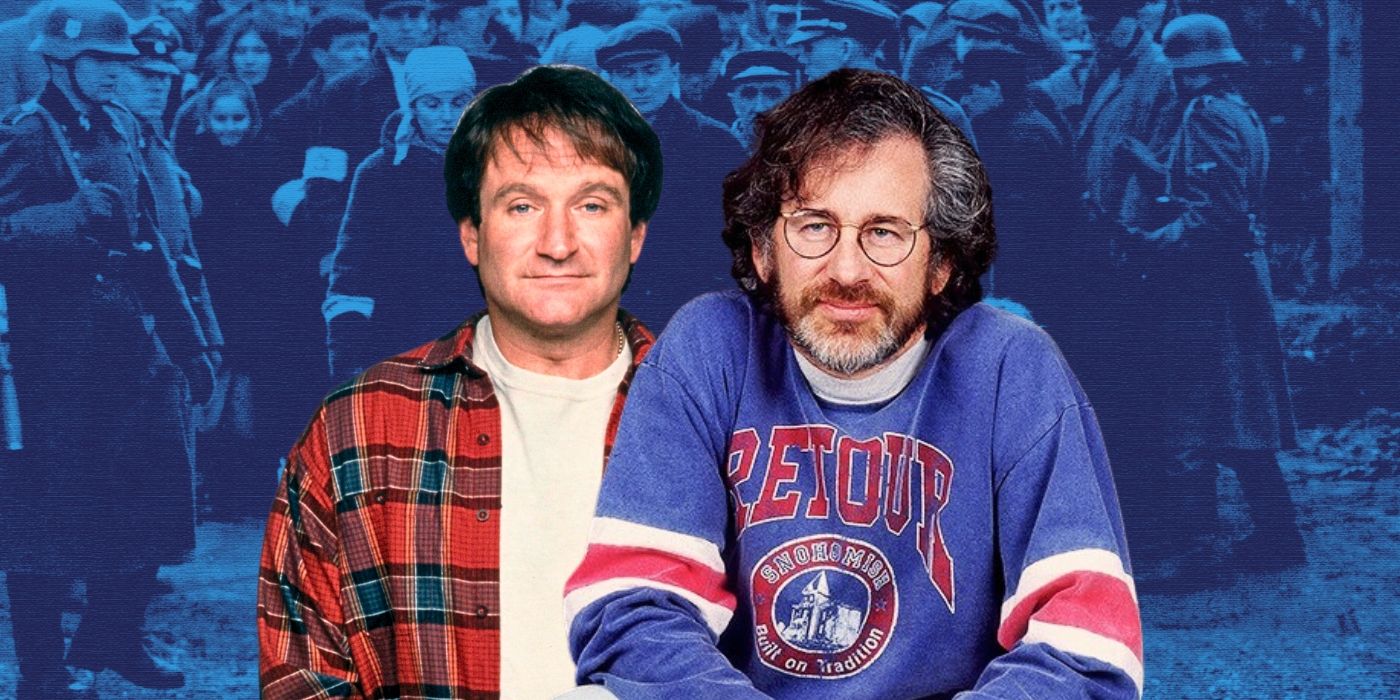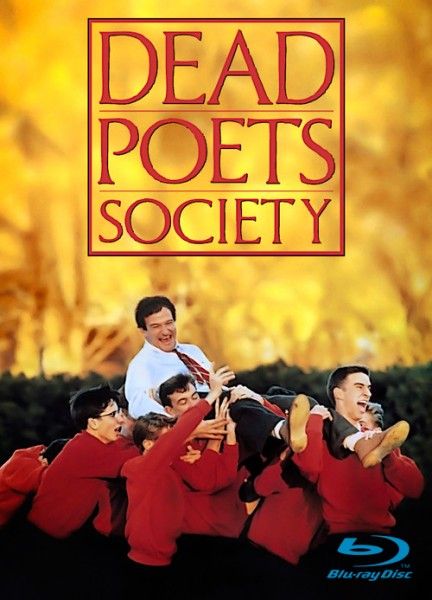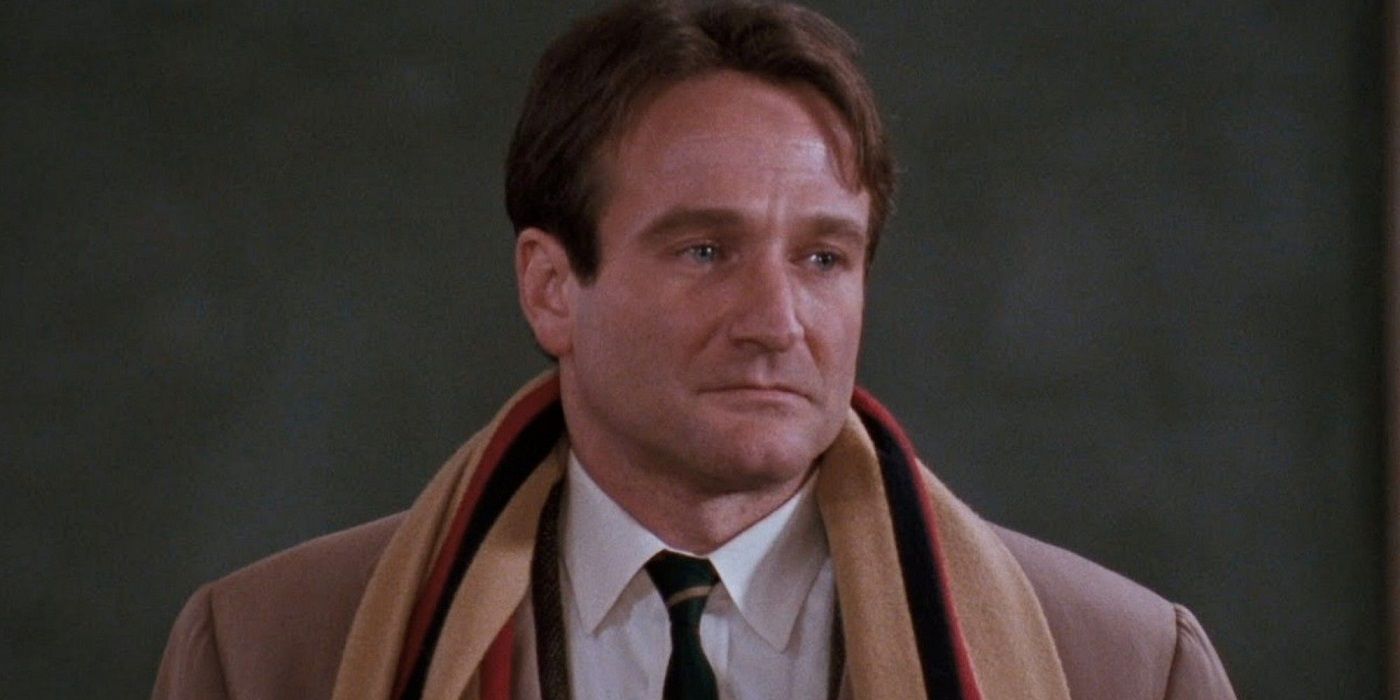The Big Picture
- Dead Poets Society conveys the message of individuality through the unconventional teaching methods of John Keating, played with nuance and heart by Robin Williams.
- Although the film spends more time on the students, Robin Williams' charming, personable portrayal of Keating is what binds the film together.
- Despite some flaws, including Knox's uncomfortable pursuit of Chris, Dead Poets Society remains a must-watch classic with a timeless message.
Taylor Swift has gotten the public’s attention yet again with the release of her new lyrically complex album, The Tortured Poets Department — not to be confused with the classic film Dead Poets Society. Though the Robin Williams film may not be one of the many things Swift references directly, the similarity in names creates a connection that is cleverly accentuated by two of the film’s actors, Ethan Hawke and Josh Charles, appearing in the singer’s music video for “Fortnight.” Poetry is the biggest commonality between the two pieces of pop culture, and whether you prefer your poets dead or tortured, both offer provoking thoughts and emotional stories. Dead Poets Society is a classic for a reason, as it conveys a message about individuality and independent thought. Although it is more than 30 years old, the lesson is as relevant as ever.
Dead Poets Society takes place at the boarding school Welton Academy, where John Keating (Williams), the former rabble-rousing student, returns to the school as the new English teacher, preaching free thought to the students of the rigid school. His unusual lessons create an interest in poetry among the students, causing the promising senior, Neil Perry (Robert Sean Leonard), to revive Keating’s old illicit club, the Dead Poets Society, with his friends Todd Anderson (Hawke), Knox Overstreet (Charles), Charlie Dalton (Gale Hansen), Richard Cameron (Dylan Kussman), Steven Meeks (Allelon Ruggiero), and Gerard Pitts (James Waterston). These students experience a journey of self-discovery as they adhere to the tenets of the Society and fall in love, defy the school, chase their passions, and face their fears.
'Dead Poets Society' Shows Robin Williams in His Element
It’s difficult not to love Robin Williams in Dead Poets Society (or in general). Though he’s played many memorable characters throughout his career, Keating is a quintessential example of the actor’s talents. Williams is best known for his comedy, but Dead Poets Society is a drama. However, the genre does nothing to deter the actor, whose quick-talking charm adds humor to the film as Keating gets to know his students and teaches them using his non-traditional methods. While engaging his students, Keating goes wild with impressions and jokes, allowing Williams to shine. Keating’s role is somewhat removed from the main plot as the story follows the students rather than the teacher, yet Williams makes Keating the most memorable part of the film.
Though not a constant presence onscreen, Keating is a major influence on them, requiring the right actor, and that is certainly Williams. Anyone else calling out Todd and pushing him to face his fears in front of the entire class or commenting on what each student’s walk is saying could come across as mean. But Williams’ good nature makes these moments endearing rather than teasing the students. It is Williams’ portrayal of Keating and his earnest passion that effectively conveys the film’s message as the excitable and unique teacher leaves the audience longing to be inspired.

Robin Williams Helped Steven Spielberg Get Through ‘Schindler’s List’
The late comedian made an invaluable contribution to one of the most important films in history.
At the Center of 'Dead Poets Society' Is a Timeless Message
Dead Poet’s Society speaks to the importance of self-expression and individuality. Keating begins by challenging his students to seize the day, the first of many things he teaches them. The audience learns from Keating alongside the students as they take risks in response to Keating’s words. Through the various experiences of the students, the film sends a message of non-conformity that still rings true. The school and Neil’s father (Kurtwood Smith) put tremendous pressure on the students, but Keating teaches them to question these voices and listen to themselves above all. With the constant and opinionated voices we hear, this is a lesson worth remembering.
The film puts these lessons to the test through Neil’s storyline, as his drive to be an actor puts him in conflict with his father and ultimately results in his death by suicide. As the school investigates Keating and his teachings, Dead Poets Society questions its own message, seeming to suggest that Neil’s self-expression led to his dissatisfaction with the path he was on. The rest of the Society wavers in their resolve as well, caving to the pressure to blame Keating for the tragedy. Though Keating is forced to leave, the iconic ending shows the students challenging the school’s choice to blame Keating and standing on their desks in farewell, calling back to Keating’s earlier lesson, which they have taken to heart. Though the ending is bittersweet, the message is clear despite the disbelief of the offending parties.
'Dead Poets Society' Has Its Faults but Is Still a Must-Watch
After so many years, Dead Poets Society holds up, though it is not flawless. The film presents a close-knit and supportive friend group, giving the characters a healthy relationship even as they face personal struggles, but with seven characters all introduced at once and, let’s face it, all styled to be a blank slate of the preparatory school system before they are empowered by Keating, it's easy to get confused. This is an easily overlooked flaw as their storylines differentiate them, though it takes time to grasp who is who, creating unnecessary confusion.
The more substantial issue is the content. It’s worth noting that the film’s depiction of suicide can be triggering, especially as the school fights to place blame by investigating Neil’s grieving friends. But this plot is carefully handled. However, Knox’s pursuit of his crush, Chris (Alexandra Powers), has aged poorly. The plot leads to a party where Chris falls asleep near Knox, who strokes her hair. This is not explicit, but still creepy, especially as this and Knox’s continued pursuit of her eventually lead to him getting the girl. Despite these concerns, the film is more than worth a watch. With an important message and the always enjoyable inclusion of Robin Williams, the tear-jerking film deserves its classification as a classic.

Dead Poets Society
- Robin Williams is always a joy to watch and the actor makes Keating endearing and hilarious.
- The film sends a timeless message about the importance of independent thought and personal identity.
- With some outdated content, the film includes a few problematic scenes.
Dead Poets Society is available to rent or buy on Prime Video in the U.S.


